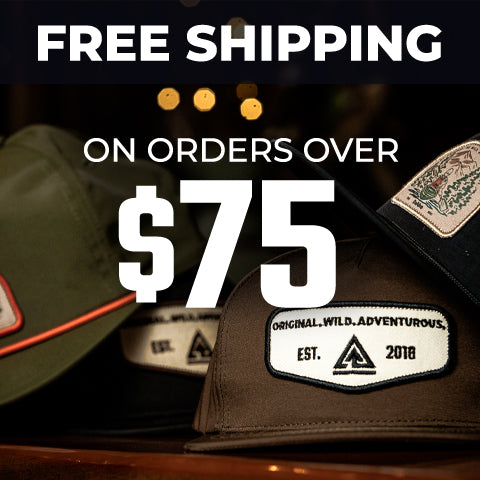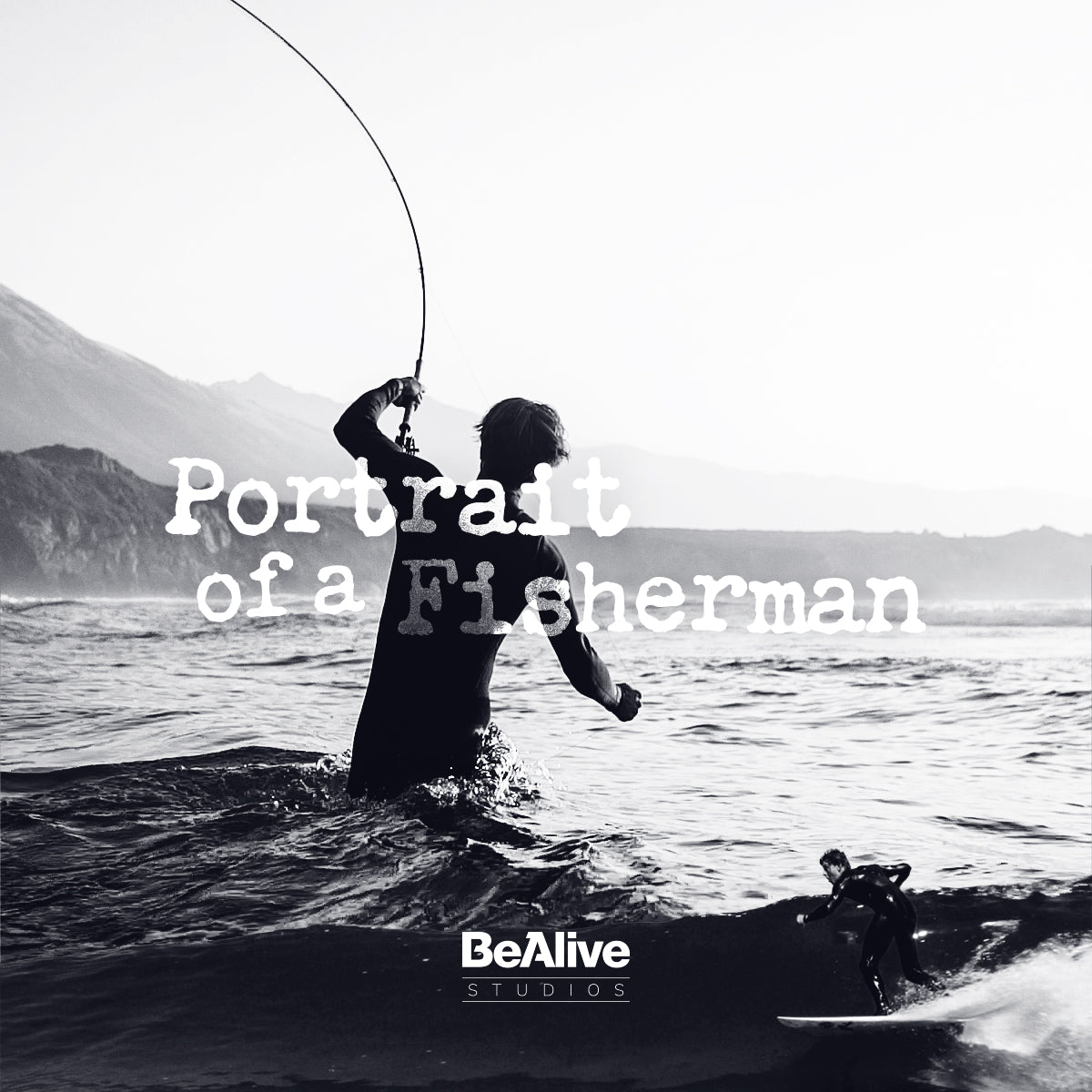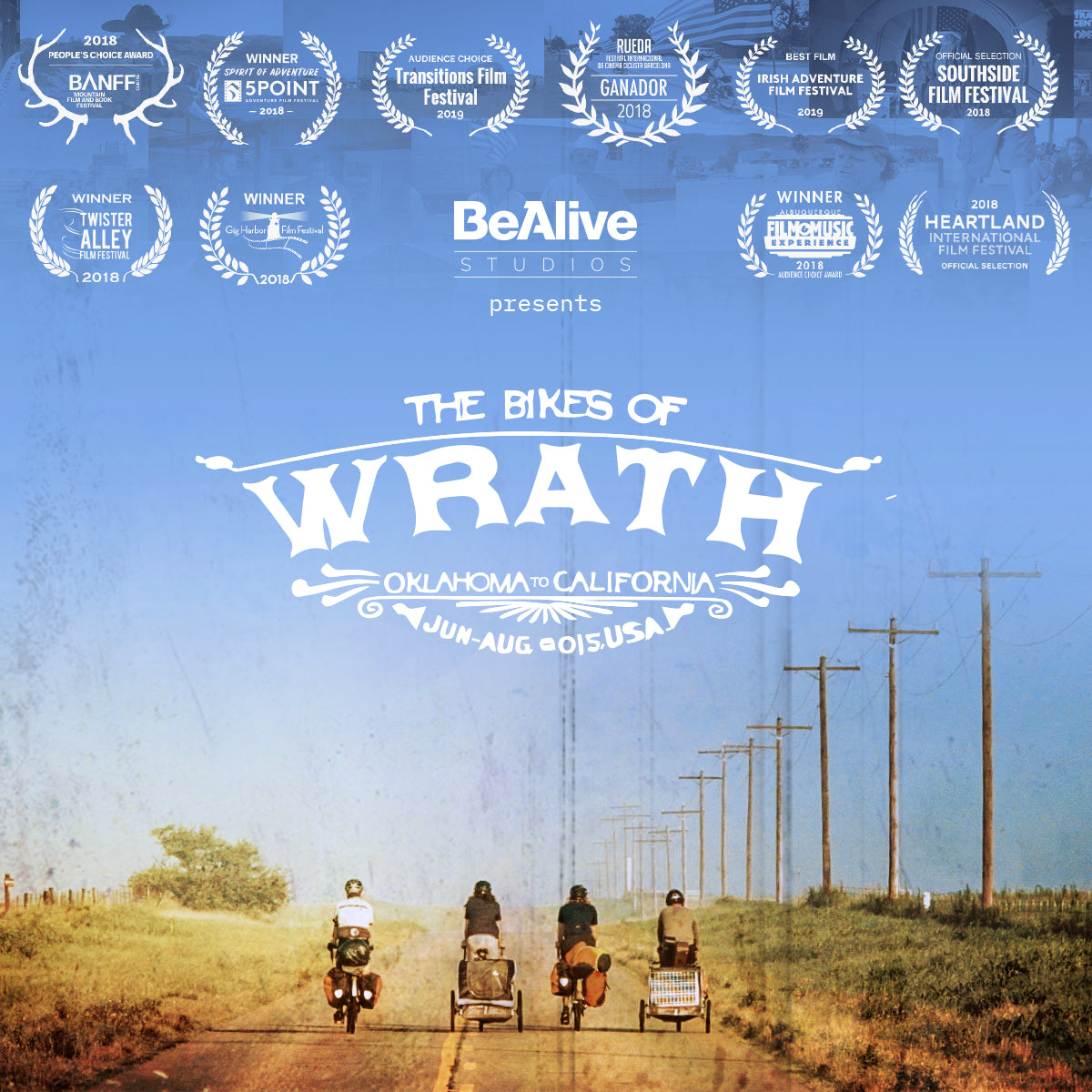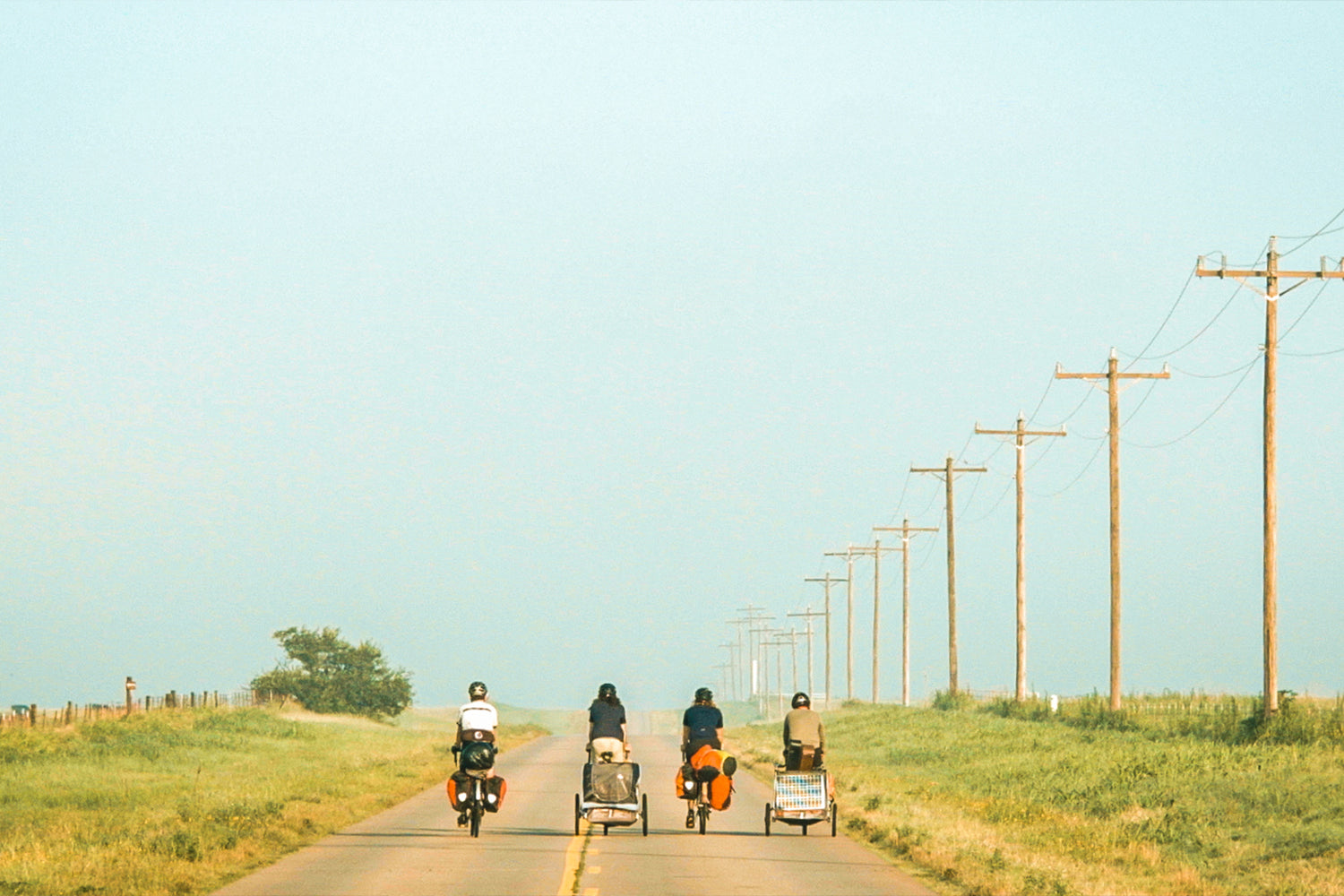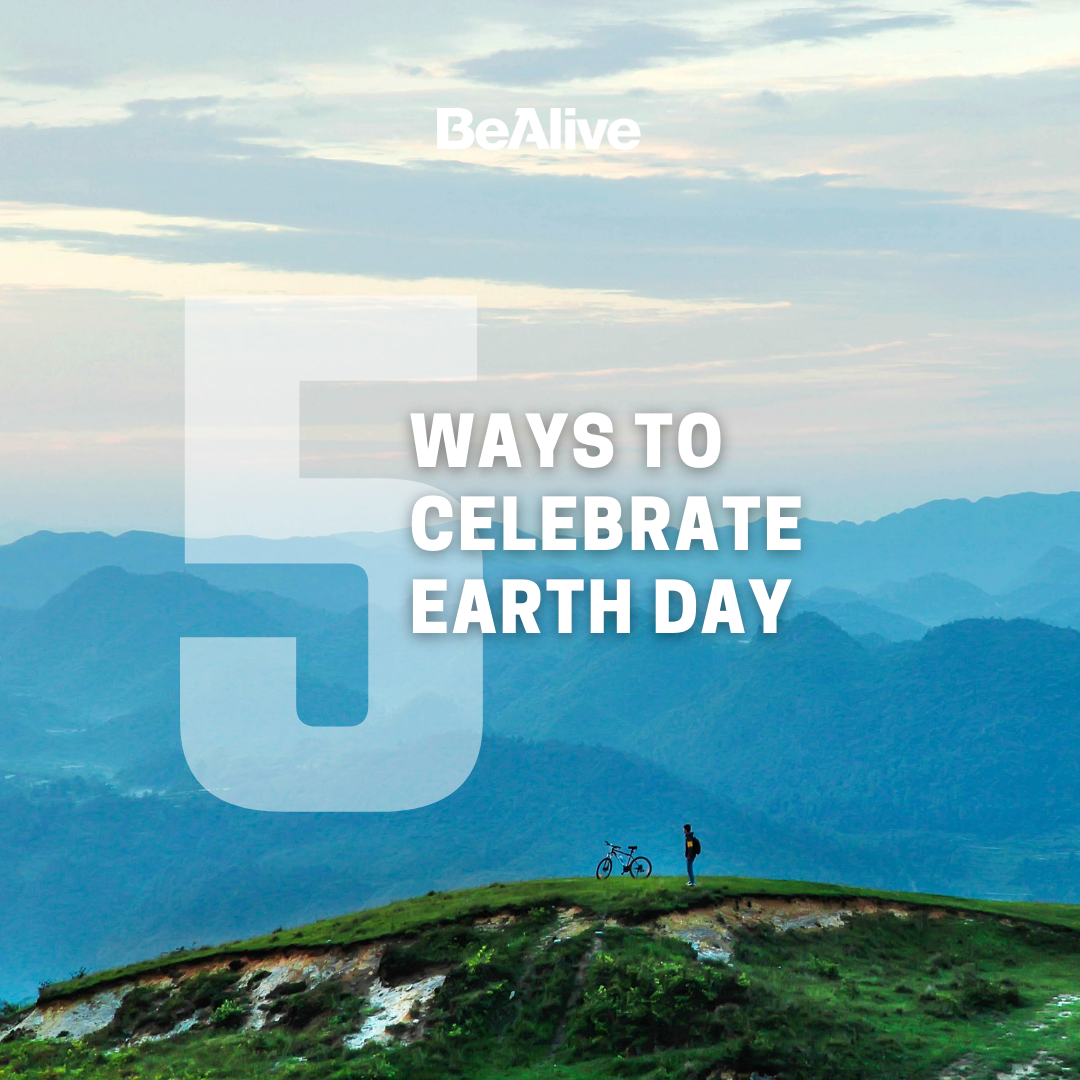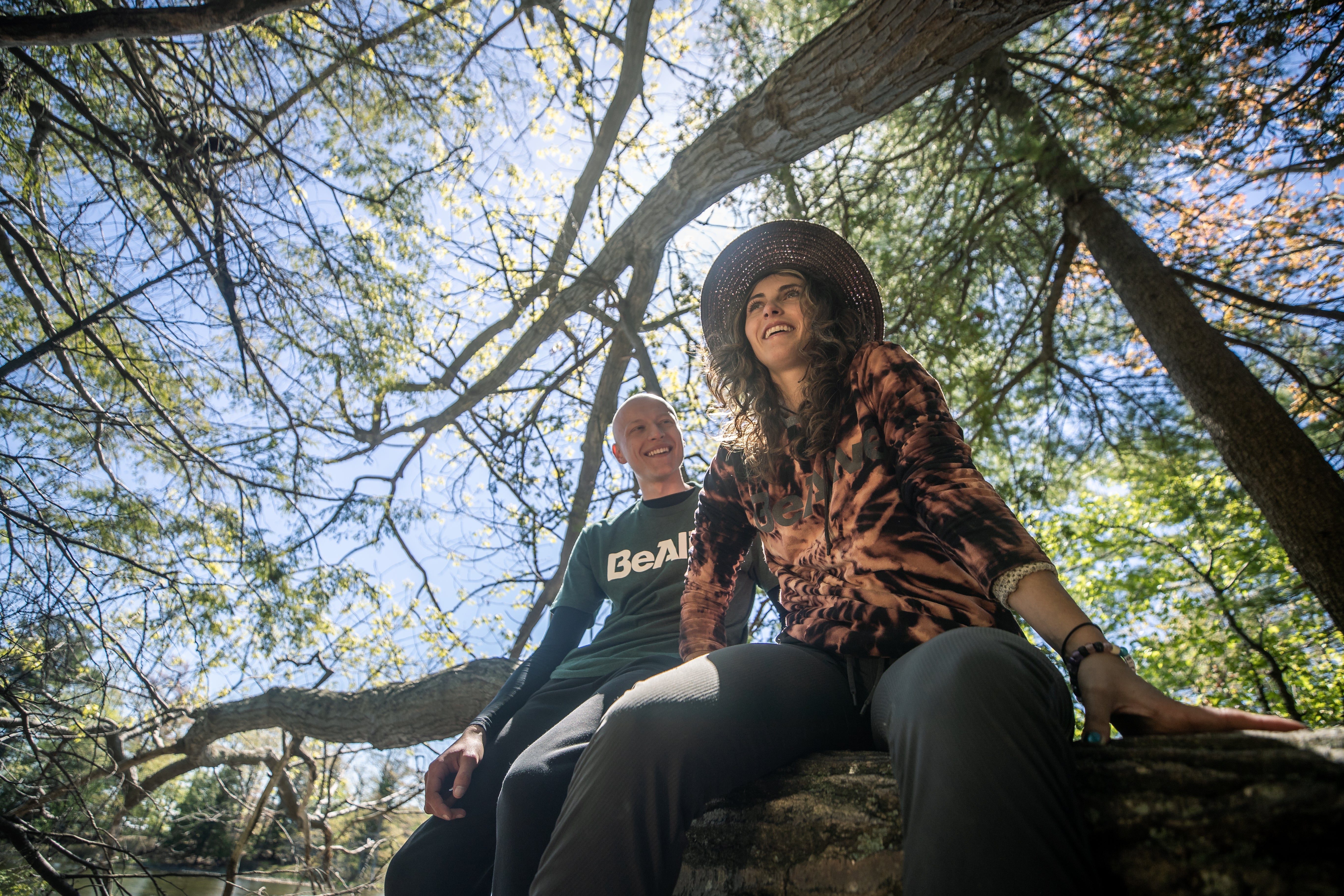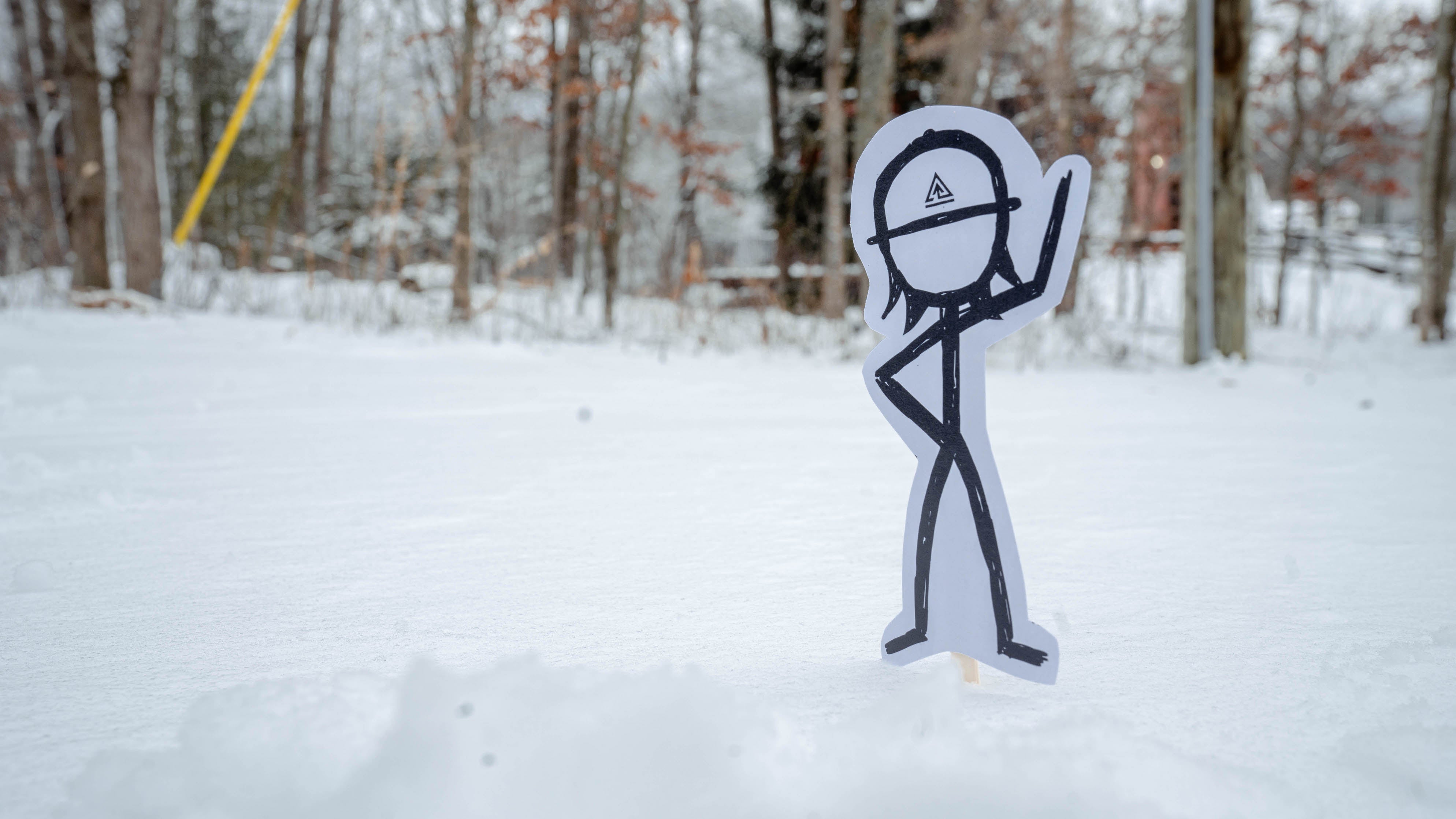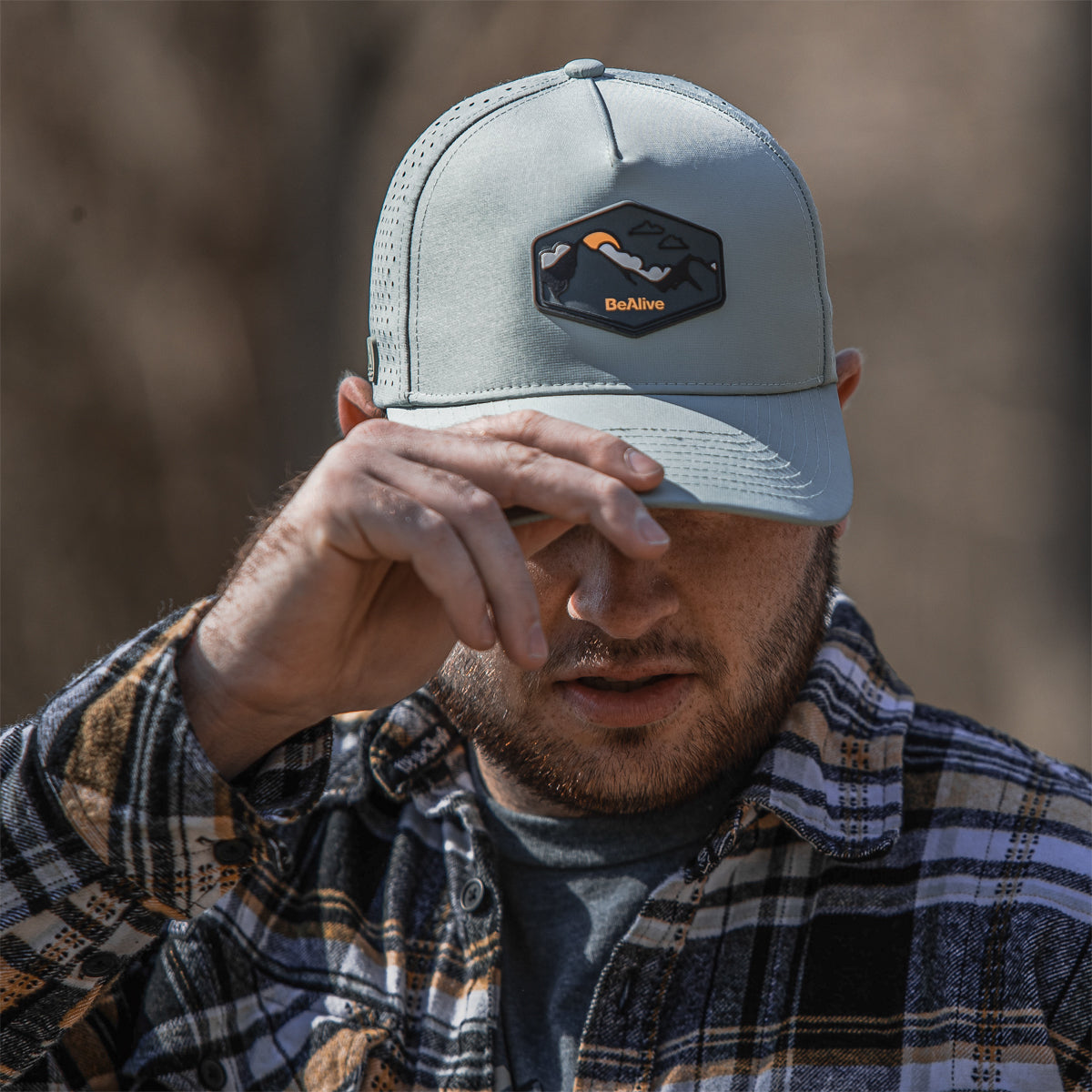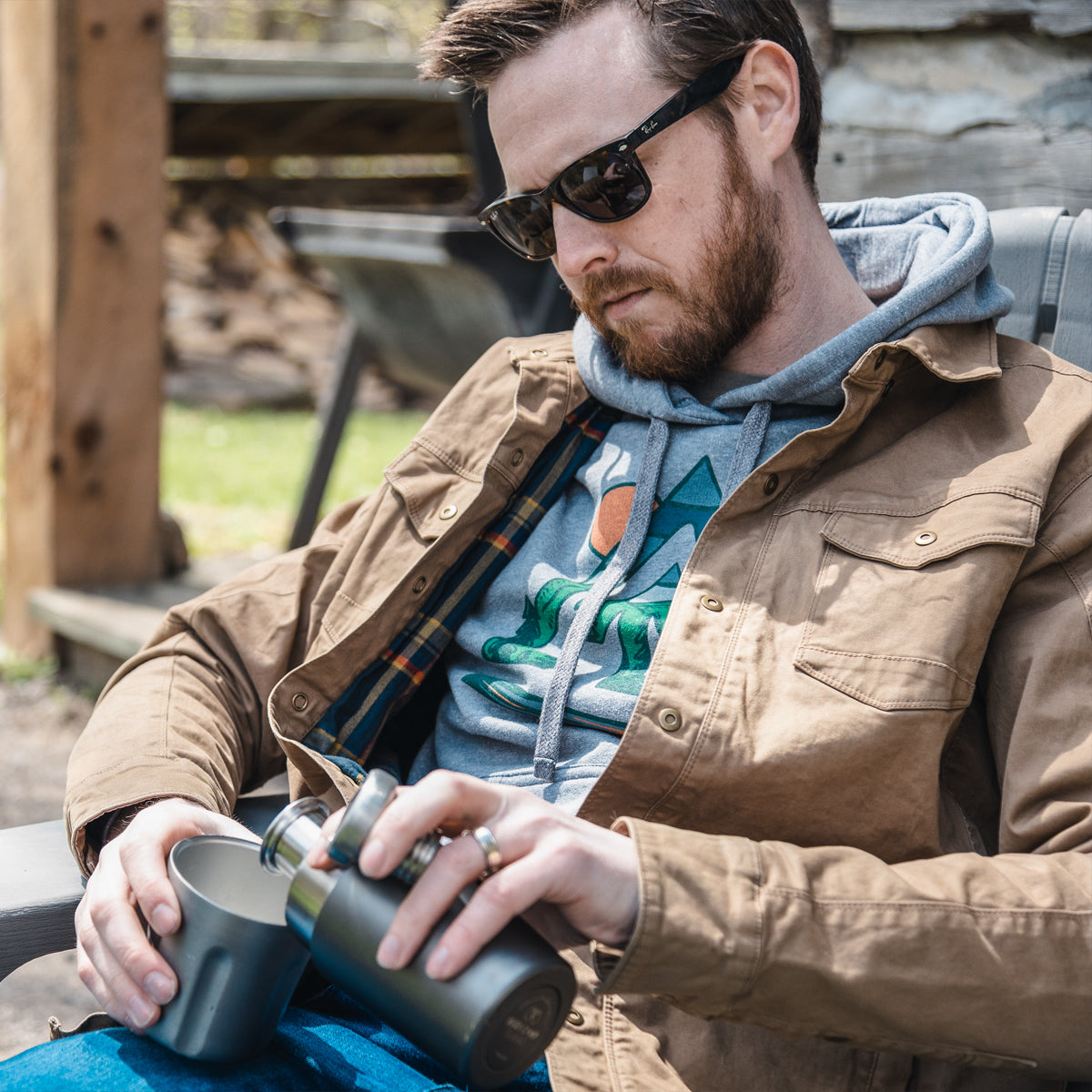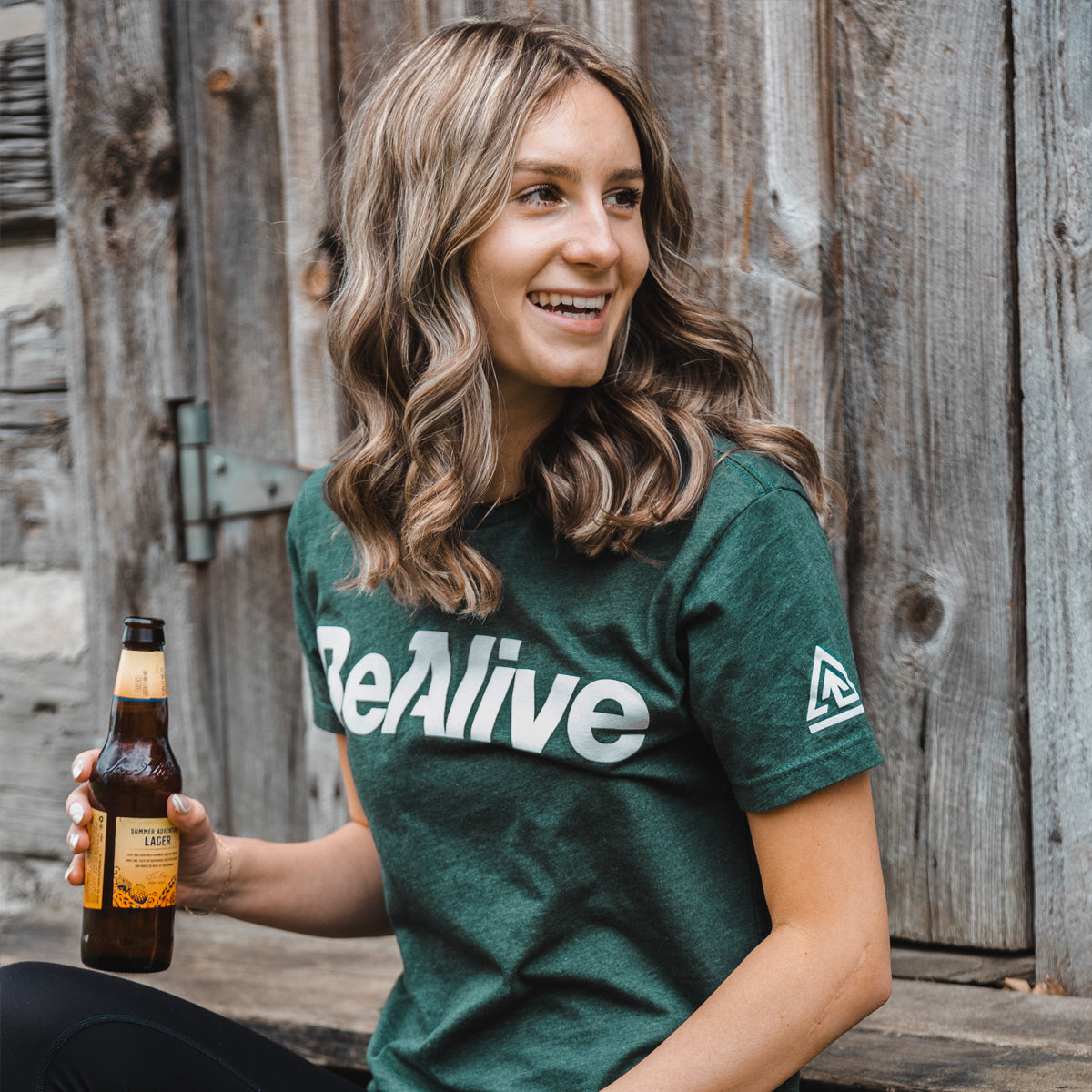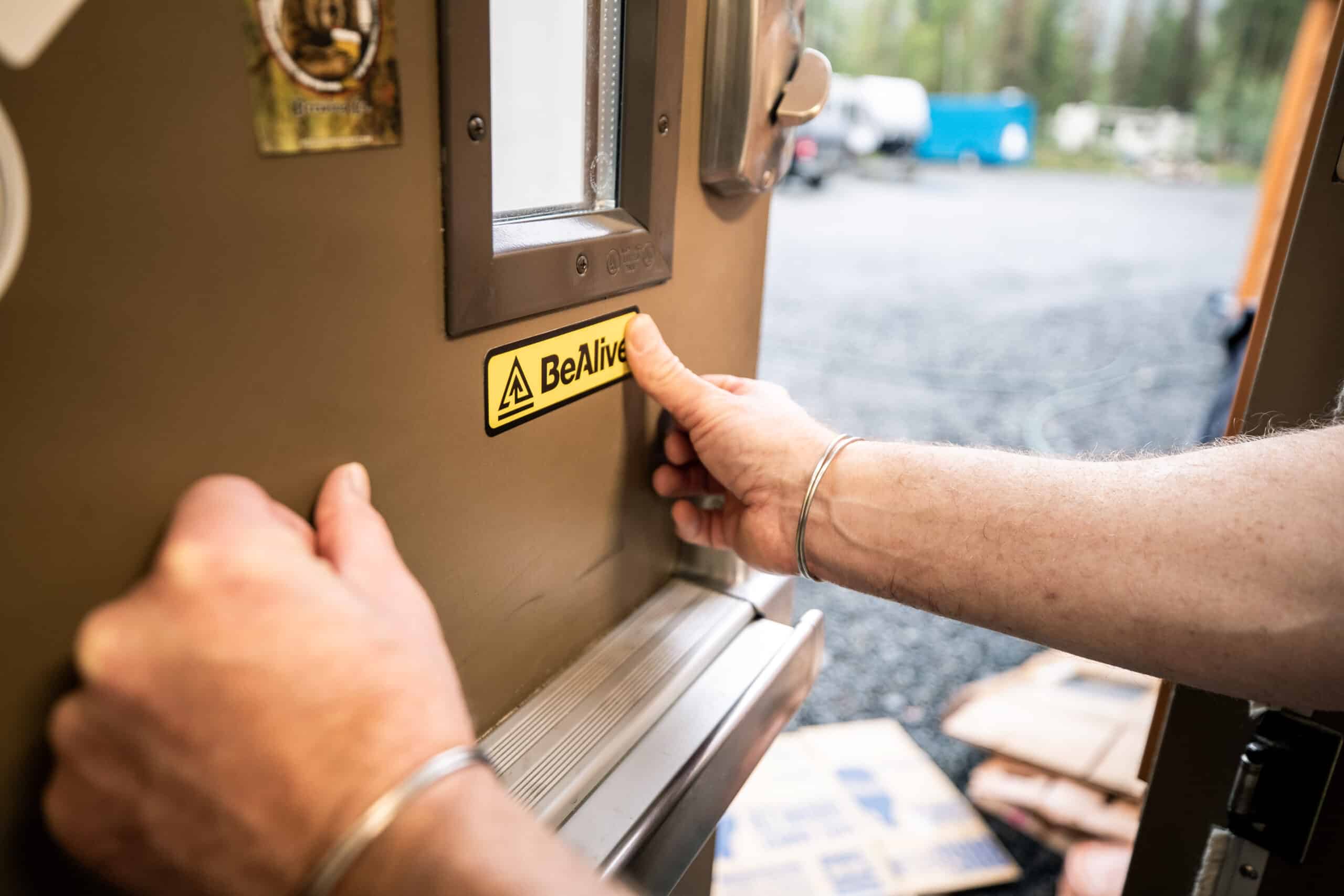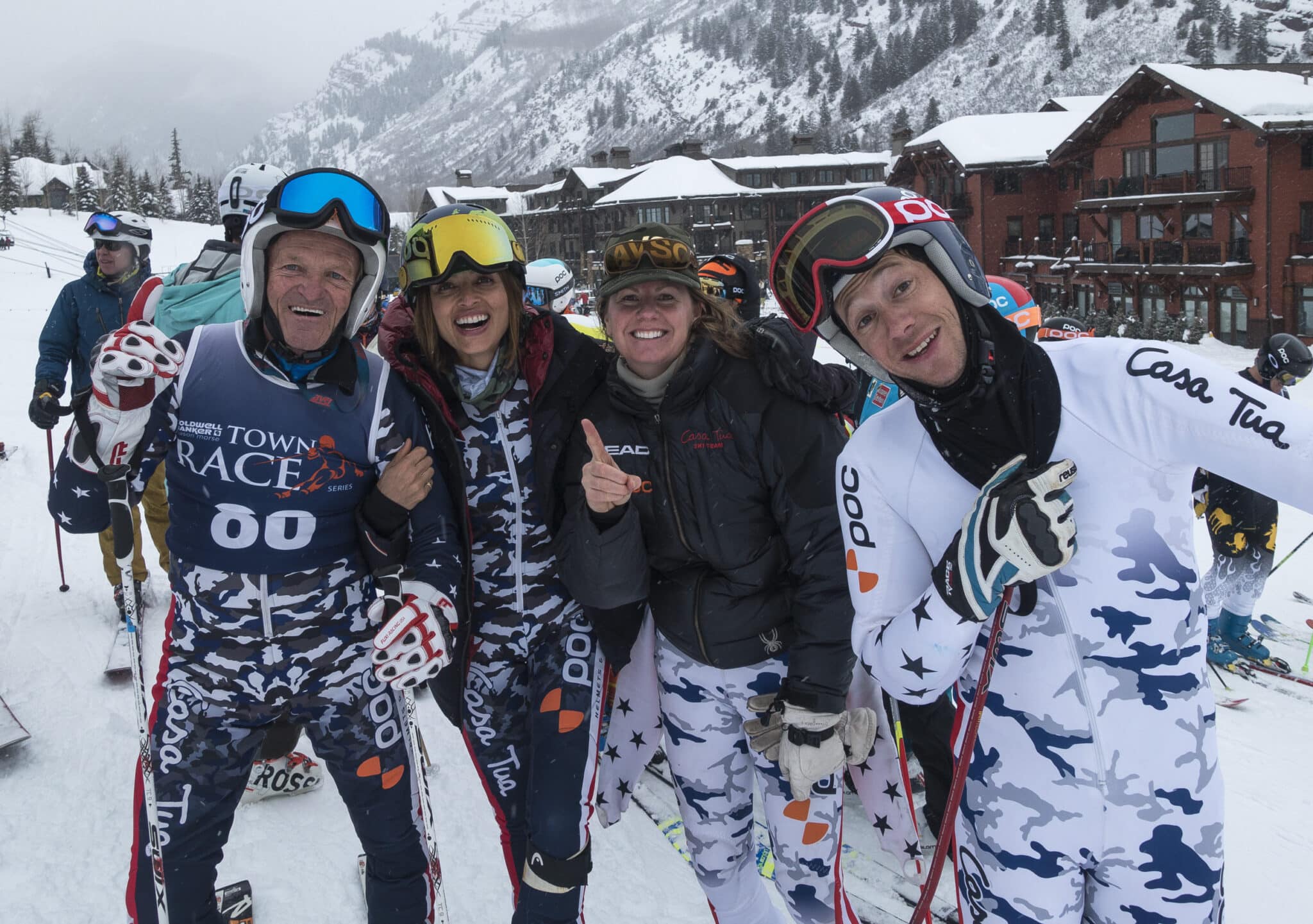Q & A WITH CAMERON FORD AND CHARLIE TURNBULL
Back in October 2018, filmmakers Cameron Ford and Charlie Turnbull sat down with Zach Green at the BeAlive Studios in Midland, Michigan to talk about the journey it’s been since premiering their film, The Bikes of Wrath, the wild ride that was their second collaboration, Floatin’ with Huck and how it felt to be selected for Banff.
**Spoiler Alert** They won “Peoples’ Choice.”
IF WE’RE DOING THIS TRIP– HA! “IF WE’RE DOING THIS TRIP,” BECAUSE I JUST ASSUMED I WAS A PART OF IT –” IF WE’RE DOING THIS TRIP, WE’RE GOING TO FILM IT.
– Cam Ford
When you started this project, The Bikes of Wrath, it was just an idea around a kitchen or a campfire and now you’re going to Banff Mountain Film Festival. What were the expectations– then to now?
CT: It started off with Leon [cyclist in the film] and I meeting at Outward Bound. We both loved the book [The Grapes of Wrath]. We were in his kitchen– he was working up in the mountains at the time. We were scheming about trips we could go on and he said, “We should retrace the route taken by the Joad Family.” We kinda thought it was a cool idea, pretty zany, and decided doing it on bicycles would be awesome. Then for a while, it was just an idea. Until I spoke about it to Cam, about 2 years before the trip started.
CF: Such a great idea, but obviously as a filmmaker… I’d never made a documentary before– I’m from a narrative background, but instantly when I heard this idea… I’d been wanting to do a project with Charlie for years, as the primary director and cinematographer. I was like, “If we’re doing this trip” ha! “If we’re doing this trip,” because I just assumed I was a part of it! [laughing] “If we’re doing this trip, we’re going to film it.”‘ It really sparked the conversation between the three of us and the parameters around what the trip entailed. It’s one thing to ride a bike from A to B, but what if there’s parameters around [the trip], say we had the same amount of money the Joad Family had inflated to today?
What did the Joad Family start with– 16 dollars back in 1939? There were 5 of us, so we did some haphazard calculations and came up with $430 USD dollars between 5 of us for 30 days. The other thing we tapped into was that Bruce Springsteen had actually written an entire album around the book called “The Ghost of Tom Joad.” Charlie plays guitar, I sing a little bit, so we were like, what if the only other way we can earn money along the route is to tap into that acoustic sound..Americana? 30 days was born because Leon is a firefighter back in Australia and he could only be in the country for 30 days. So we were like, “Alright we’re gonna do 1600 miles in 30 days with this amount of money, with instruments. Let’s just see where we go.”
CT: And the trip, we didn’t plan it at all. We didn’t know what we were going to capture. That’s a really important part. We just had the camera on and the story kind of unfolded in real-time. It got to the end and when we were editing it, the themes emerged. Obviously, the biggest one was these incredible people in the South and the generosity and hospitality they showed us. We didn’t even know that would be a main theme at all or that we would be looking at inequality or immigration so much. It just kind of unfolded on the trip. It really was a pretty organic process.

What was it about Americana that was so intriguing to you growing up in Australia?
CF: I guess it’s just part of our culture as well. Australia’s a long way away, but we are very much tapped into what’s happening in Europe and what’s happening with America. The older we’ve become, the more fascinated myself, Charlie, and the rest of the crew have become with America and what makes it tick. And we just kinda wanted to explore that on a grassroots level and that’s what we were able to do with the trip, with the bike ride from Oklahoma to California. But we’re even more invested now, obviously having done that trip and coming back over a handful of times and having done the second project…
CT: It’s just so cool how every state has its distinct culture. I’d be happy to go to any state in this country and spend a few weeks there. It’s so different and diverse- and the landscape is too. It’s such a beautiful country. For me, growing up reading Steinbeck, I was always “America, I want to explore America.”
WE DIDN’T PLAN IT AT ALL. WE DIDN’T KNOW WHAT WE WERE GOING TO CAPTURE. THAT’S A REALLY IMPORTANT PART. WE JUST HAD THE CAMERA ON AND THE STORY KIND OF UNFOLDED IN REAL-TIME.
– Charlie Turnbull
Taking it back to the beginning, how did this group come to be?
CF: We came together through a mutual friend, Leon, who is one of the five guys from the Bikes of Wrath.
CT: Three of us met Leon because we all worked at Outward Bound together. So I met Leon, then met Cam…“So we were like, “Alright we’re gonna do 1600 miles in 30 days with this amount of money, with instruments. Let’s just see where we go.“
So this all stemmed from a distinct passion for the outdoors?
CF: [Laughs] I’m not that guy. I’m the most clumsy of the lot. My outdoor experience was very limited before working on these documentaries, which was kinda humorous on-screen, but [I’m] working with a bunch of guys who are dedicated to the outdoors. I’m the filmmaker who’s come in and tied into that.
CT: Those two passions for me– making films and being in the outdoors, kinda merged in a pretty awesome way.
How’s it been being new to the “outdoors” so to speak?
CF: It’s amazing. I think there’s something quite alluring about five people that aren’t trained in a particular discipline attempting something really epic on that scale. Like we did with the bike trip, and none of us were cyclists. Yes, outdoor guys, filmmakers, but when you’re attempting something like that across America, none of us trained, none of us had planned, none of us had really pushed out more than a couple of miles each in preparation for the trip. And then, obviously, down the Mississippi River– none of us had really done any carpentry, built a boat– built anything before! And all of a sudden, we’re doing 90 days down the Mississippi River. I like the challenge personally, throwing myself in the deep end with things like that and the mental attrition that’s required.
What is it about Steinbeck and The Grapes of Wrath that sparked your curiosity?
CT: I think Steinbeck so beautifully captured society and humanity, succinctly and powerfully. The Grapes of Wrath in particular– and it’s a huge part of the film– but the relevance to the country today. The book was written nearly 80 years ago. Reading it now, it still seems so incredibly relevant and important… The way he can look at a situation and sum it up so perfectly with these deep insights about humankind and communities and obviously, America. He’s always been my favorite author.
Do you feel you’re able to ask questions that maybe the average American may not be able to ask a neighbor?
CF: I think so, because we don’t really know the answers. It’s a genuine curiosity and I think people connect with that. And they’re far more willing to open up. As opposed to doing a trip in Australia. We’ve grown up there, it’s our country. We should probably know a lot more of the answers to the questions that we’re asking.
CT: I agree. I think it feels like they are presenting their country to us as foreigners. We’re asking them to paint a picture of what’s happening in this country at the moment. And because we are blank canvasses they feel more comfortable doing that.
CF: I think there is a real access point from being foreigners coming into America. There’s a certain openness that people seem to offer us… We’re so invested in these trips and getting from A to B. People seem to come out of the woodwork and they’re sort of aligned with the trip– connected. They want to help out in any way that they can… Things seem to really open up quite quickly and we do get that access and it might be quite different for an American doing a trip across the Bible Belt on a bicycle.

Let’s talk about Banff! That’s awesome. Congrats!
CF: We’re stoked! It’s one of the last festivals on the calendar for us and when we found out a few weeks ago that we got in, it was the absolute pinnacle. From my understanding it’s the world’s biggest adventure film festival, it’s been running for about 43 years, in one of the most idyllic outdoor adventure towns on the planet, .and we’re in competition there alongside some ridiculously huge films…
CT: Dawn Wall and Free Solo, pretty groundbreaking adventure films. Even to be screening alongside them is so cool. For me personally, I grew up going to the Banff Film Festival when it traveled to Australia and I remember being in a cinema when I was 15 and coming out blown away. To be there, for us, is massive.
When you got started, was the expectation that you might parlay this into future projects? Because it seems like that’s what’s happened?
CF: It’s been a super organic thing. We’ve found this sort of niche having done this trip. Halfway through the 30 day bike ride, from an editing and directing perspective I was going through all the footage that we’d already shot and I was like, if half as much happens to us in the next 15 days we’ve got to create a 6 part series and a full length feature film out of this. It started to bubble the moment we got back, “What can we do next?” Here’s this lens that we can view America through, the lens of a famous book as foreigners, through the conduit of this epic adventure. Yeah, there’s gonna be a third in the series.
CT: And we’re open to ideas; an iconic book, an A to B journey and some themes that resonate in America today. We’ve got a few ideas–
CF: But we’re gonna keep them quiet. It’s gotta kinda raise the stakes from 90 days on the Mississippi River on a homemade raft with 210 bucks! [laughing]
Speaking of the Mississippi River project; where did that come from, what did you see and what do hope the viewer gets out of that one?
CF: The concept behind that was to take the same amount of money that Huck and Jim had. Start at the headwaters up in Minnesota, at Lake Itasca and go the entire length down the Mississippi River, which is 2600 miles to New Orleans. On a homemade raft, that we would build, with $210 between us, over 90 days, through some of the richest states in America to the very poorest. The access we had to some of these small towns was really unique. At a time when the racial divide in America is extremely prevalent and from an outsiders perspective, looking into America, this is very much a divided country or it appears to be. We were going into these small towns and communities and meeting people. Strangers, but amazingly diverse people and getting their perspective on their country in its current state.
… PEOPLE MAYBE THINK BIKES IS A LITTLE BIT NICHE UNTIL YOU ACTUALLY START WATCHING IT, AND IT IS REALLY A STORY ABOUT HUMANITY AND THE DEPTH OF CONNECTION THAT WE ENCOUNTER ALONG THIS JOURNEY […] IT DOESN’T MATTER IF YOU READ THE BOOK OR NOT.
– Cam Ford
How did that compare with the Bikes of Wrath trip?
CT: It was adventure times ten. I mean, that was the most grueling, difficult, unlikely adventure that I’ve ever been on and probably Cam as well. We built a raft, we had a bunch of pallets and some plastic tubs and we had to get down this massive river with 200 dollars, and sometimes, I think back and I’m pretty surprised we’re hanging out here today. So in terms of the adventure element, it definitely upped it a notch from the Bikes of Wrath.
CF: And there’s something to that. Because I think people maybe think Bikes is a little bit niche until you actually start watching it, and it is really a story about humanity and the depth of connection that we encounter along this journey and the moment people sitting in cinemas or who will see it on television, they see from the first few minutes that this is a journey for everyone. Yes the Grapes of Wrath has been read in schools for years and it’s been studied, but it doesn’t matter if you read the book or not, it’s genuinely about this journey and that’s the jump off point. Whereas, down the Mississippi River, it seems like everyone we speak to about that trip is like, “I’ve wanted to do that. Why can’t I come with you? Why didn’t you let me know about it before you were doing it?” I think it speaks to the bigger adventurer in all of us.
CT: And that river– [pauses] we perceived, it is a very special part of the country and people have a real attachment to it. Going down from headwaters to Louisiana was incredibly special. It was incredible to see how the country changes. From north to south, how it slowly changes, from the landscape to the culture. It was a really cool way to explore the country.
How did your thinking change going down the river?
CF: I think you go into these trips with a naive perspective of what it should be. And then as you experience firsthand down the river what it is, your viewpoint changes a little bit. […] It’s one of those things where some people we meet down the river are working so hard and what they are up against from the moment they are born through to now… It’s eye opening and it’s devastating at times. And we’re just glimpsing that as we travel through. But hopefully, we can tell their stories to the best of our ability as filmmakers and as documentarians.
CT: I think one other thing would be- and you see in the Bikes trip as well, but as Cam said, there is a perception of division in America at the moment and what was surprising and quite pleasant to see was that there’s a lot these communities that are really tight knit and maybe there is wider division as you zoom out, but within these communities there’s a lot of spirit and a lot charity and generosity. That was kinda surprising. I think if you watch the news every night you would have a different picture of the United States.
You first started out with just a seed of an idea and now do you feel a sense of I don’t know, responsibility?
CF: I think that’s a fair word. “The Bikes of Wrath” has connected with so many people. […] And I do feel it’s our responsibility for the second and the third [films] to tell the most honest version of America that we have seen, that’s not sensationalized by the media. It is a responsibility now. It’s very different if a handful of people are watching it, but now there is expectation around the next one and the one that follows it. And it’s going to have an audience, people are going to want to watch number two because number one exists. It is a responsibility and we are very aware of that in the edit room.
The Bikes of Wrath feature length film and 6-part series are distributed in the U.S and territories by BeAlive Inc.
Please contact Bethany Scully with distribution inquiries.
bethany@gobealive.com

